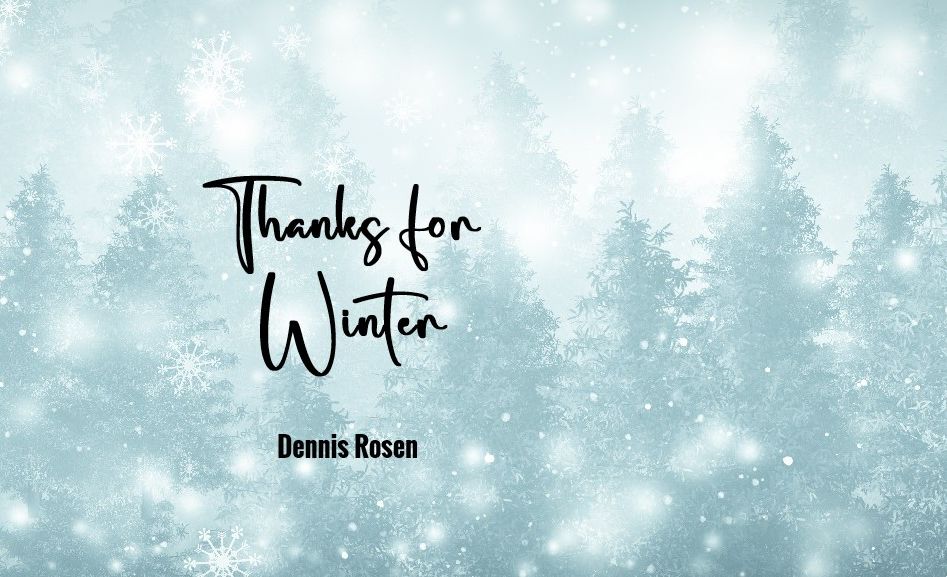
More than Joy
A person can influence him or herself by his or her own actions. If we force ourselves to smile, the first time or two will be mechanical, but the third smile will be for real.

In case you don’t yet know any Hebrew, I want to teach you a vital Hebrew word – Simcha. It’s more than joy, more than happiness, more than gladness. It’s the deep inner feeling of contentment and gratification, and a dependable indication of spiritual and emotional health. Just as we learned emuna, and made it part of our vocabulary, lets learn simcha too. Just saying the word simcha makes us already happier.
The Rambam teaches us that a person can influence him or herself by his or her own actions. If we force ourselves to smile, the first time or two will be mechanical, but the third smile will be for real. So wherever you are right now – in the office, on the subway, in the kitchen, or in your living room, let’s continue  the day with a smile; yes – right now, dearest reader, put a smile on your face. When you’re happy, your brain functions much better, and you’ll more readily internalize what we’re talking about. So look in the mirror, show us your teeth, and pretend you’re doing a toothpaste commercial.
the day with a smile; yes – right now, dearest reader, put a smile on your face. When you’re happy, your brain functions much better, and you’ll more readily internalize what we’re talking about. So look in the mirror, show us your teeth, and pretend you’re doing a toothpaste commercial.
 the day with a smile; yes – right now, dearest reader, put a smile on your face. When you’re happy, your brain functions much better, and you’ll more readily internalize what we’re talking about. So look in the mirror, show us your teeth, and pretend you’re doing a toothpaste commercial.
the day with a smile; yes – right now, dearest reader, put a smile on your face. When you’re happy, your brain functions much better, and you’ll more readily internalize what we’re talking about. So look in the mirror, show us your teeth, and pretend you’re doing a toothpaste commercial.Happiness is the vitality of a person; when a person is sad and depressed, Hashem leaves him or her, Heaven forbid.
Sadness means that a person is dissatisfied with the way Hashem runs the world.
Happiness is the key to success, for when a person is happy, Hashem is with him.
Sadness causes worry and anxiety. Rebbe Nachman of Breslev says that all sickness and disease stem from lack of happiness. Ask any doctor: when a person is happy, not only the heart but the whole body functions at its optimum. In fact, the Rambam, history’s greatest doctor, teaches that sickness come from worry and anxiety.
The holy Zohar teaches that sadness is the worst transgression in the Torah. That sounds a little strange, so we really should ask why. How can sadness be worse than eating on Yom Kippur or worse than driving a car on Shabbat?
Let this question to sink for a minute. First, I want you to put the smile back on your face, because I feel like it’s wearing off. Second, I want you to think happy so this lesson will sink in. We’re speaking about simple concepts, but we have to work hard to make them second nature. In that respect, if you succeed in internalizing the things we’re discussing here, then you’ll really be happy.
So lets get back to work and summarize what we said up to this point:
1. A person who’s sad says Goodbye to Hashem;
2. A person with sadness is a candidate for sickness.
3. We said that sadness is the worst sin in Torah. Here’s why:
Suppose a person accidentally turns on the lights on Shabbat. He or she is disappointed in themselves, but they ask forgiveness the next time they pray and finished. With teshuva, the blemish of a misdeed is totally rectified. The sin has been cleansed and wiped away.
But, sadness is heresy – a denial of Hashem. For that reason, the Zohar says it’s the worse type of idol worship. Just as Rebbe Nachman says it’s a mitzvah to be happy, conversely it’s a terrible sin to be sad. Sad people neither pray nor do teshuva, so with each day of sadness, they drift further and further away from Hashem.
With the above in mind, let’s rebuild our brains from scratch: Once again, we learned that:
1) A person that’s sad says Goodbye to Hashem;
2) A person with sadness is a candidate for sickness.
3) Sadness is the worst sin in Torah, a denial of
Hashem and tantamount to idolatry.
Now, let’s see the opposite:
1) A person that’s happy says hello to Hashem;
2) A person that’s happy overcomes all sickness. Even the ancient Greek philosophers wrote that worry and anxiety literally melt a heart. Worry and anxiety can turn a strong heart muscle into jelly. It’s therefore no wonder that sad and stressed people are such prime candidates for cardiac arrests. But with happiness, we strengthen the heart and the brain, and with it, the whole body.
3) We said that sadness is the worst sin in Torah, tantamount to heresy and idol worship. Conversely, happiness is the biggest mitzvah, for happiness results from emuna insofar as a truly joyous person – even in the most trying situations – believes that everything comes from Hashem and is for the very best.
Worry melts the heart. Our sages say that worry cracks the heart – the heart is the crossroads of the physical self and the emotional and spiritual self. Many problems in the head and the heart, such as migraines and dizziness – are the result of sadness.
My beloved rabbi, teacher, and spiritual Rav Shalom Arush is a master in recognizing psychosomatic illness. I’ve seen people come to him with a number of ailments from headaches to digestive disorders, seeking advice as to what the best doctor or medicine is. Rav Shalom often prescribes neither, and traces the problem to sadness and lack of emuna.
The basis of genuine joy is contentment with your own lot in life, with whatever Hashem gives you. How do you achieve this? The one-word answer is Emuna.
Many people write me and tell me that they have emuna, yet they’re still not happy. By emuna, they mean that they have a general belief in Hashem; the type of emuna one needs to attain happiness isn’t the living-room discussion emuna, but the emuna in your heart that everything Hashem does is for the very best. With that level of emuna, worry falls; when worry falls, a person’s tension and anxiety level falls way down and the heart becomes free to be happy.
To attain genuine joy, a basic belief in Hashem isn’t enough. We must believe that everything Hashem does is for the best. Until a person believes that everything is for the best, he doesn’t have emuna.
How do we arrive at the level that we believe that everything is for the best? We speak to Hashem and ask him to help us observe and understand to the limits of our God-given capabilities how everything in our lives is for the very best. And where understanding kicks out, emuna kicks in.
Have a more than joyous week!







11/02/2010
Very important message Thank you for this enlightening explanation of the importance of simcha.
11/02/2010
Thank you for this enlightening explanation of the importance of simcha.